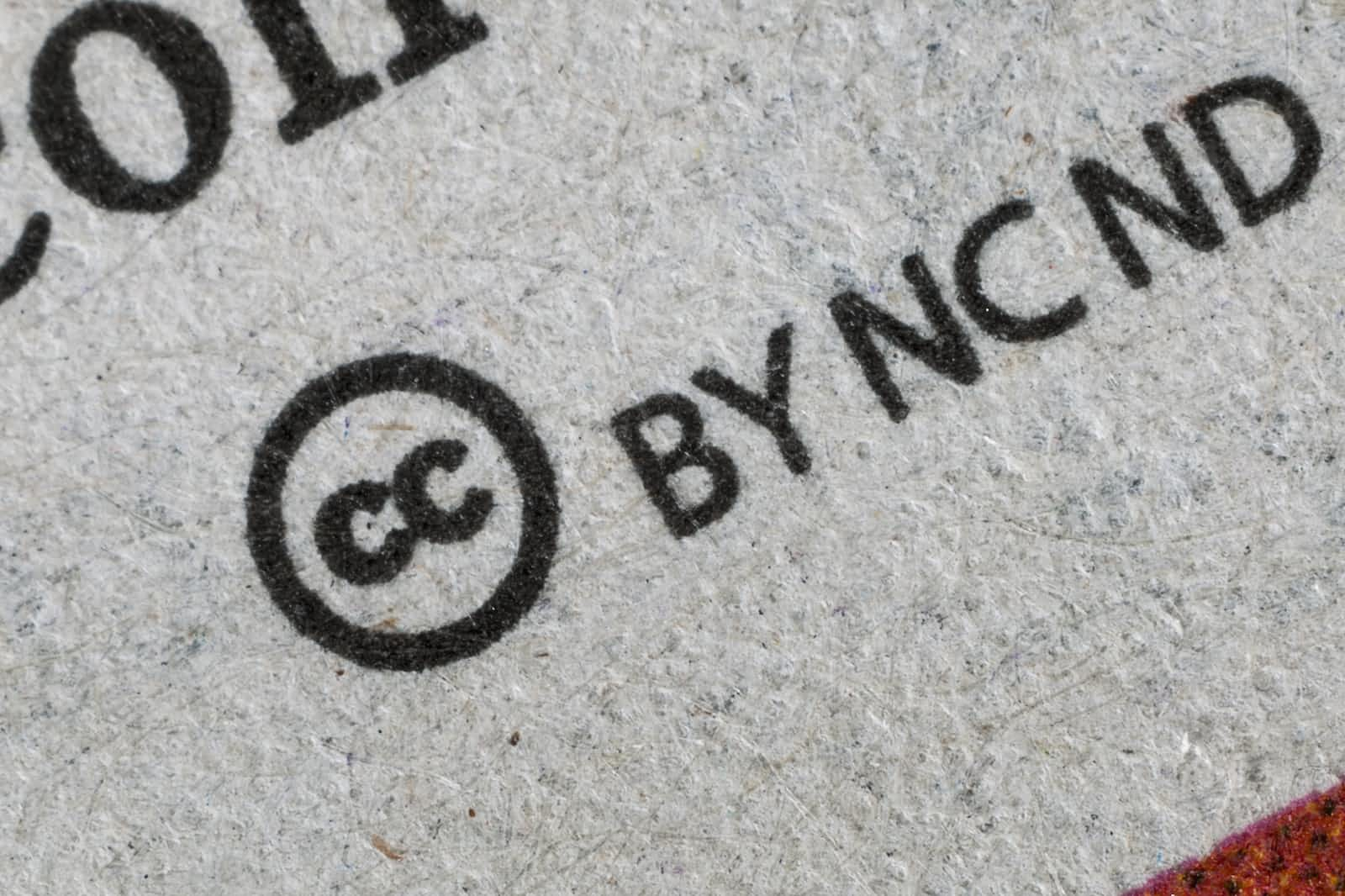The BitKeeper-Git Saga: How a License Agreement Change Shaped the Open-Source World
 Syed Jafer K
Syed Jafer K
Introduction
The world of version control systems is an ever-evolving landscape. Among the various systems that have been developed, two that have stood out are BitKeeper and Git. While both have been instrumental in the development of open-source projects, their paths have been vastly different.
In this blog, we will explore the history and impact of the license agreement change for BitKeeper, the version control system used by the Linux development community, and how it led to the creation of Git.
Bitkeeper
BitKeeper is a proprietary distributed version control system that was developed by BitMover, a company founded by Larry McVoy in 2000.
The BitKeeper-Linux Relationship
BitKeeper was a proprietary, distributed version control system developed by BitMover. It was widely used by the Linux development community, and the Linux kernel development team was one of the primary users of BitKeeper at the time. The Linux kernel development process involves large numbers of developers working on a large codebase with frequent releases, and BitKeeper was well-suited for this purpose.
The Change in License Agreement
In 2005, the license agreement for the free version of BitKeeper was changed, which made the toolless suitable for the Linux kernel development process. The changes included restrictions on the use of BitKeeper by open-source projects and commercial companies that compete with BitMover, the company that developed BitKeeper. The changes were made to "protect their intellectual property" and ensure a "sustainable business model".
The Birth of Git
As a response to the change in the license agreement, Linus Torvalds and other Linux developers decided to create a new version control system, Git. Git was specifically designed to meet the needs of the Linux kernel development process. It was also designed to be fast, efficient, and able to handle large binary files. Git quickly gained popularity, and it has since become the primary version control system used by the Linux kernel development team and many other open-source projects.
Business Perspective
From a business perspective, the change in the free license agreement for BitKeeper could be seen as a good move for the company that developed it, BitMover. By limiting the use of the free version of BitKeeper to non-commercial projects, the company was able to protect its intellectual property and ensure a sustainable business model. However, it also had the consequence of alienating a large portion of the open-source community, including the Linux kernel development team, which was one of the primary users of BitKeeper at the time.
Conclusion
In conclusion, the change in the free license agreement for BitKeeper had both positive and negative consequences for the company.
From a business perspective, it depends on the company's priorities and goals, the change in license agreement may have been a good deal for BitMover as a short-term strategy, but it also hurt the company's reputation and long-term prospects. In short, the change in the free license agreement for BitKeeper had both positive and negative consequences for the company, and it depends on the perspective you are looking at.
Subscribe to my newsletter
Read articles from Syed Jafer K directly inside your inbox. Subscribe to the newsletter, and don't miss out.
Written by
